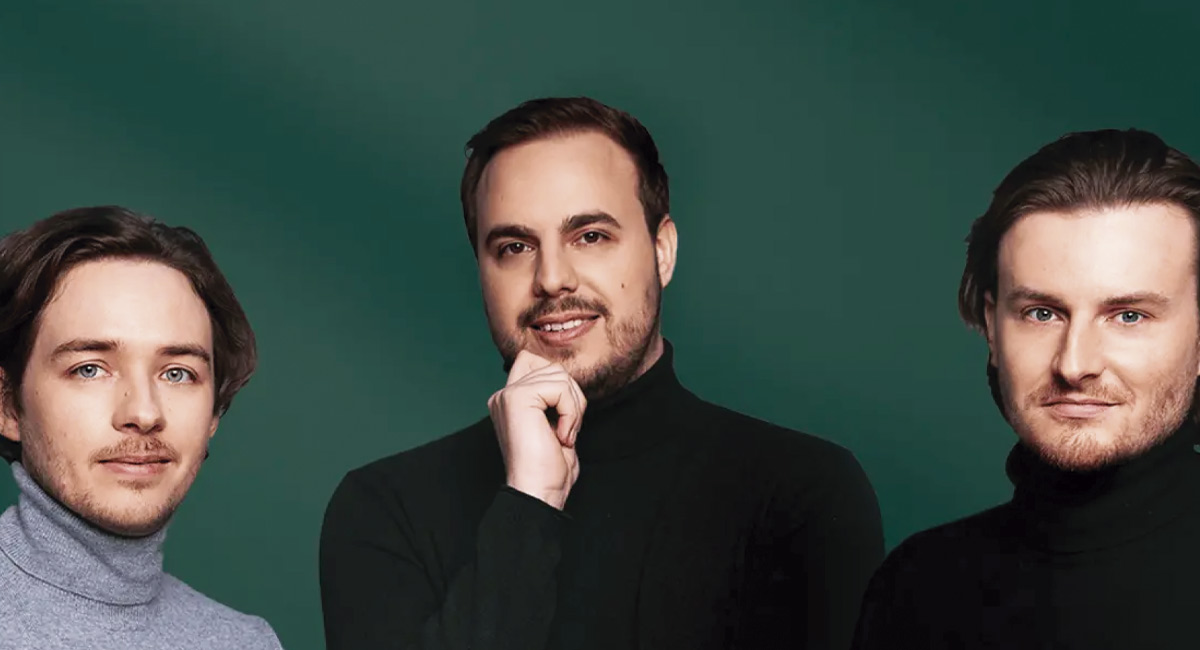WirtschaftsagenturWien_KarinHackl-small-s.jpg)
Vienna
Austria
Its historic core, known for its architecture and greenery, is a UNESCO World Heritage Site, and the city is globally recognized for its museums, cafes, classical music heritage and liveability. The city regularly ranks at the top of quality‐of‐life surveys: Monocle’s Quality of Life Survey 2025 placed it in the top ten most liveable cities in the world and best in the housing category; and Mercer’s Quality of Living City Ranking 2024 and the Global Liveability Index both placed Vienna 2nd worldwide.
Vienna is a rapidly growing metropolis, now home to more than 2 million residents (City of Vienna, 2024). It’s also a major research and university hub with a highly educated population working in fields ranging from life sciences and tech to the creative industries. As an official seat of the UN and other major international organizations, including the OPEC (the Organization of the Petroleum Exporting Countries) and the OSCE (the Organization for Security and Co-operation in Europe), Vienna is proud of its diversity and internationality.
Economy and business
Vienna’s key business sectors include life sciences, creative industries, sustainable technologies, edtech, fintech and ICT – it is one of the largest IT metropolises in Europe alongside London and Munich. It’s a hotspot for biotech, pharma, medtech and cutting-edge research in particular. According to the Vienna Life Science Report 2024/25, the city is home to 750 life sciences companies and institutions, and the sector generates around €22.7 billion (~$25.3 billion) in annual revenue. This environment is reflected in Vienna’s innovation record: two researchers connected to the University of Vienna recently received Nobel Prizes: Anton Zeilinger was awarded the Nobel Prize in Physics in 2022 for his work on quantum entanglement, and Emmanuelle Charpentier received the Nobel Prize in Chemistry in 2020 for her work on CRISPR-Cas9 technology.
The City of Vienna actively supports businesses through the Vienna Business Agency (Wirtschaftsagentur Wien — vienna.business), which helps to develop the business sector through expert consultations, funding, training and networking, with a particular view to strengthening and promoting the business location in ways that advance sustainability, innovation, quality of life and diversity. It also directly supports international companies, startups and expats looking to settle in the city. The City of Vienna’s Business Locations 2024 reports that there were 9,483 new enterprises created in 2023, with 42% being female founded, and 227 foreign companies moved to the city in the same year, more than half of the country’s total.
Every year, the Vienna Business Agency hosts ViennaUP, working with key ecosystem players to create a city-wide festival of entrepreneurship and innovation that brings together over 10,000 founders, visionaries, investors and policy makers from around Europe and beyond. Other important annual tech conferences include the Agile Tour Vienna, DevFest Vienna, Uxcon Vienna, B2b Software Days (bi-annual), Green Peak Festival and Invest.Austria Conference.
Living in Vienna
Life in Vienna means enjoying excellent public services, safety and cultural offerings. More than 50% of the city’s area is dedicated to parks, gardens and the Danube floodplain, creating easily accessible green spaces and natural bodies of water. Public transit is extensive and affordable, with an annual adult transit pass costing only €365. For those who love culture, Vienna is unmatched. It has more than 50 world-renowned museums, including the Kunsthistorisches Museum (housing thousands of works of art dating from antiquity to the late Baroque period) and the Albertina (housing more than one million artworks, including masterpieces by Picasso, Monet and Renoir). Residents can experience world-class performances at the Vienna State Opera, the Volksoper Wien, and classical music at concert halls such as the Musikverein, home of the Vienna Philharmonic. The Burgtheater, Austria’s national 1,200-seat theater world-renowned for its architecture and history, is located near the MuseumsQuartier which encompasses 60 museums, galleries and cultural initiatives. The city’s historic coffeehouses, such as Café Central, Café Sperl and Café Hawelka, recognized by UNESCO as intangible heritage, remain essential meeting places for students, intellectuals and business people alike.
Vienna’s population is culturally diverse, with international residents making up around 45% of the population, and housing and social policy have kept living costs relatively stable. The city is internationally recognized for its successful social housing system, which provides affordable, high-quality apartments and helps prevent housing shortages. It offers citizens open-ended tenancy contracts without equity, commission, contractual fee or deposit. According to the organization House our Neighbors (2024), affordable social housing is available to 75% of the city’s population via either government-managed municipal units or publicly subsidized housing.
Sustainability and environment
Vienna has a history of being at the forefront of sustainability and green infrastructure. A government plan from the 19th century ensured clean drinking water for all, and the drinkable tap water (sourced from the Alps) is also supplied via 1,300 public fountains, reducing plastic bottle use.
As far back as 1999, the city launched its first Climate Protection Programme, and by 2024 had already cut per-capita CO₂ emissions by nearly 40%. The government is now working to become a carbon-neutral city. A new Vienna Climate Act, passed in 2025, mandates a climate roadmap and budget as well as mandatory climate-impact checks on new policies. The goal is for the city administration and infrastructure to operate with net-zero emissions by 2040, in line with EU targets. The city has one of Europe’s largest district-heating systems, and it plans to phase out fossil gas completely by 2040 in favor of renewables. As part of the transition to green mobility and green energy, it is also continuously expanding public transport and cycling networks. Vienna also has climate mitigation in place, such as its extensive flood protection: the Danube Island levee system. By integrating ecological goals and climate measures with social equity, the city offers a high quality of living and is resilient for the future.
Facts and Figures
Vienna’s startup ecosystem is worth $12.1 billion (Startup Genome, 2024).
There are more than 2 dozen institutions of higher learning in Vienna with just under 200,000 students, 1/3 of whom are international.
All 20 of the world’s largest pharmaceutical companies have a strategic presence in the Vienna region, with many conducting essential R&D activities in the city.
Over 60% of Viennese startups have international employees (Austrian Startup Monitor 2024).
Croissants were originally an Austrian treat, the kipferl. The crescent-shaped pastries were created in 1683 to celebrate victory over the Ottoman Turks and only later introduced to France by Marie Antoinette.
Vienna is known as the birthplace of psychotherapy: Sigmund Freud lived in the city for 47 years, and his former home and office is now a museum.
Startups


Byrd provides ecommerce fulfillment services across Europe, facilitating outsourcing, warehousing and shipping for online retailers. Its software integrates with major online storefronts such as Shopify and Amazon, targeting logistical bottlenecks for SMEs looking to scale efficiently.
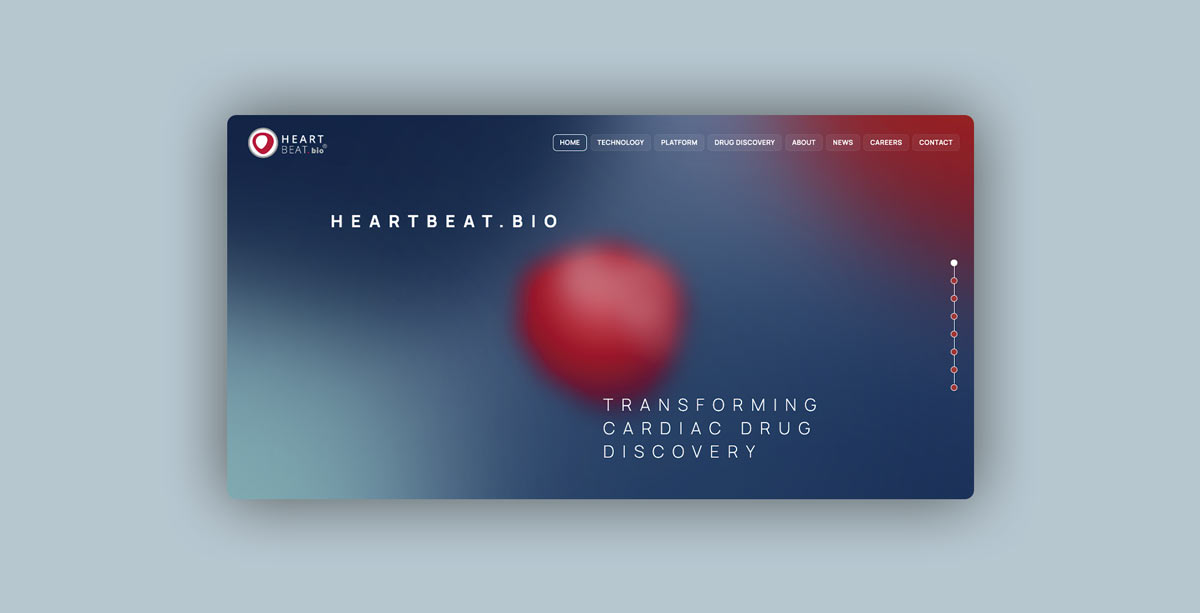

HeartBeat.bio researchers build miniature, stem-cell-derived heart models (known as cardioids) that model the human heart chamber. These organoids offer a more reliable testbed for drug screening and disease modeling, which means they’re able to reduce the dependence on animal testing in preclinical studies.
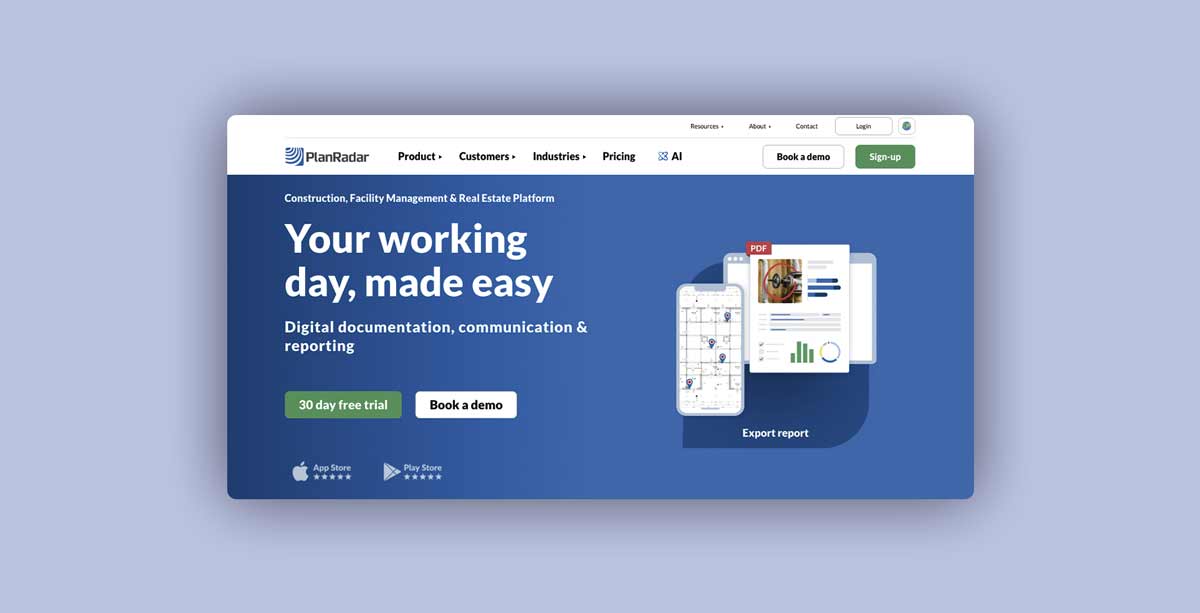

PlanRadar provides a digital platform for construction and real‑estate professionals where management tasks, inspections and documentation are all brought into one place. The company offers digital tools for consolidating site reports, defect tracking and 360-degree, immersive viewing of worksites.


Running on Google Cloud, Prewave is a sort of supply-chain super tool. The platform’s AI can scan millions of global data points across news, social media and public sector reports to help companies glean insights into financial, environmental or logistical disruptions in diverse fields and contexts.


UpNano manufactures high-precision 3D printers that operate at nano- and micro-scale using a technique known as two-photon polymerization. Unlike conventional printers, UpNano’s systems balance speed with incredibly granular resolution, important in fields like biomedical engineering and microfabrication where extreme accuracy is critical.
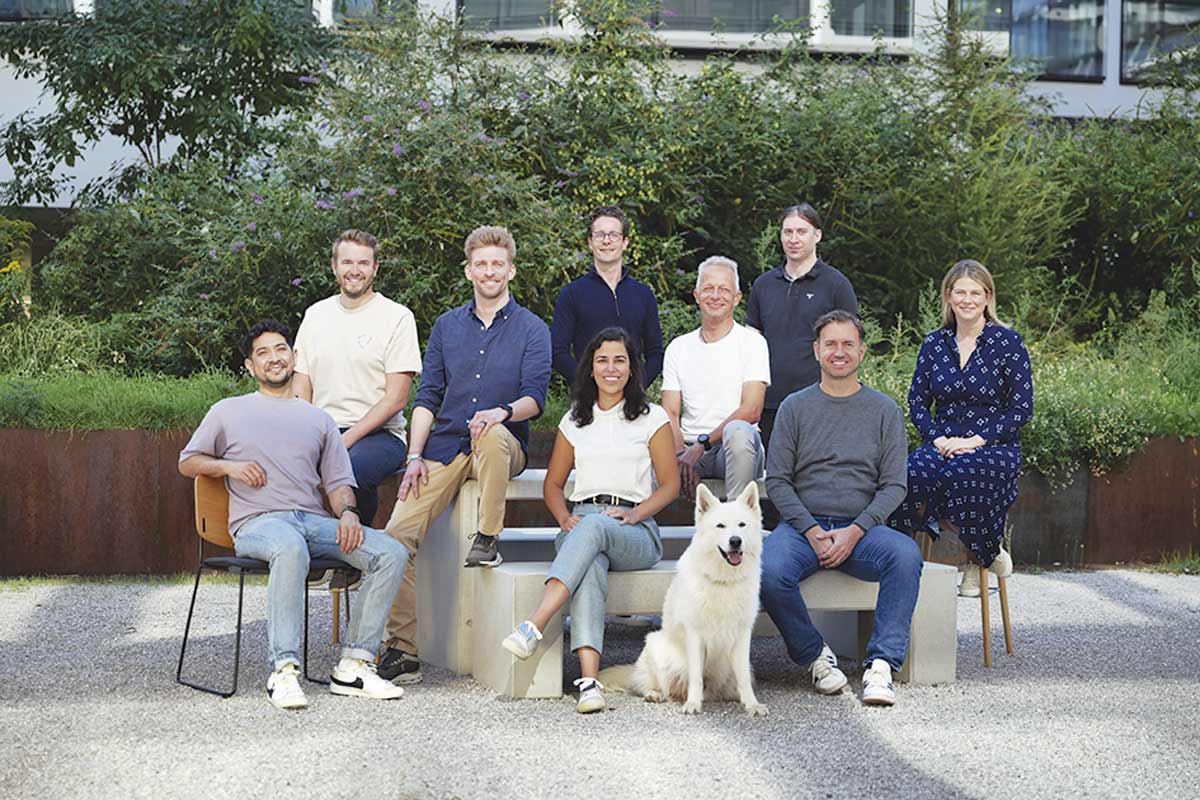

Operating Europe-wide, refurbed is an online marketplace for refurbished electronics. Its goals are to reduce cost and increase sustainability. Its devices can go for as much as 40% below the price of new items, and its intensive, 40‑step refurbishment process ensures digital security and high environmental standards.
Interviews
Programs to know about
Urban innovators
Headquartered in Lisbon and Vienna, the wings of the Better Mobility Accelerator spread across all of Europe. Wherever there are mobility challenges, the accelerator program is looking for startups trying to solve them: from electric bikes to accessible flight solutions to driving simulators.

gender-diverse teams
Run by experienced female founders, FFB is an intensive, four-week program targeted at preparing gender-diverse founding teams for initial VC rounds. The program is hybrid with online and in-person elements, including workshops, fundraising assistance and an expansive network of connections.

all startup stages, researchers
INTS, a public-sector, high-tech incubator formed in 2022, guides startups through various financial, research and technological programs with support from the University of Vienna, the Vienna University of Technology and the Vienna Business Agency.

International startups and impact-driven founders
Hosted by the Vienna Business Agency, Vienna Startup Package offers a multi-phased hybrid program for international startups wanting to enter the Austrian market. The program offers the opportunity to join the city‘s community and get extensive support while exploring your market potential in Vienna.

Funding Opportunities
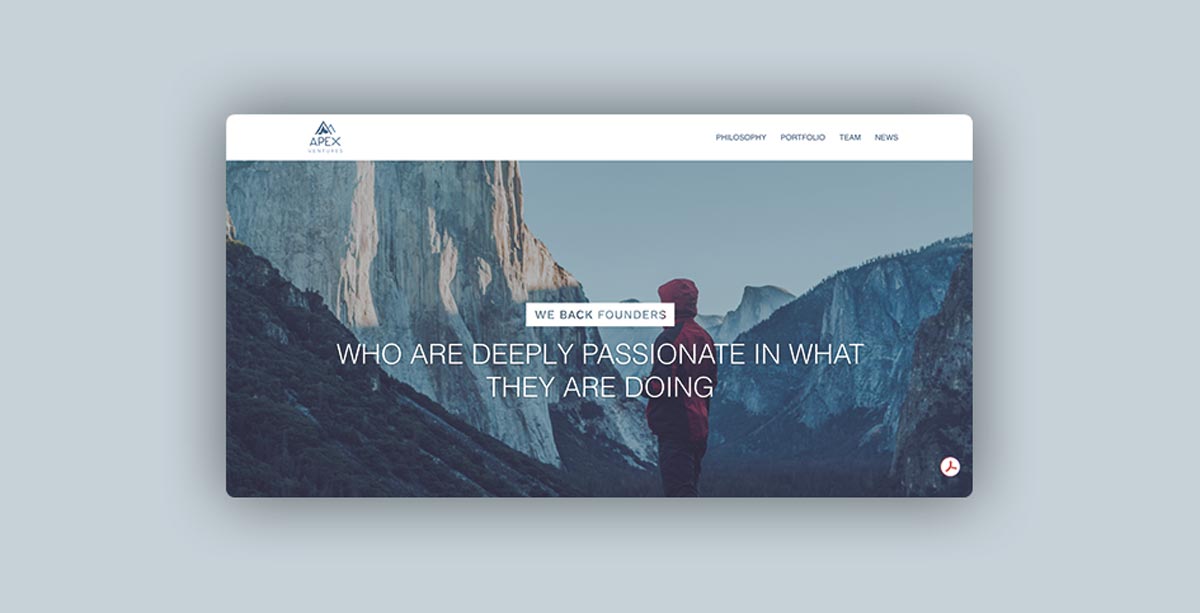

From AI and medtech to space innovation, APEX invests in deeptech companies centered around a meaningful scientific discovery or engineering innovation. It is open to any vertical and works with founders long term across three stages: validation, scalability and growth.
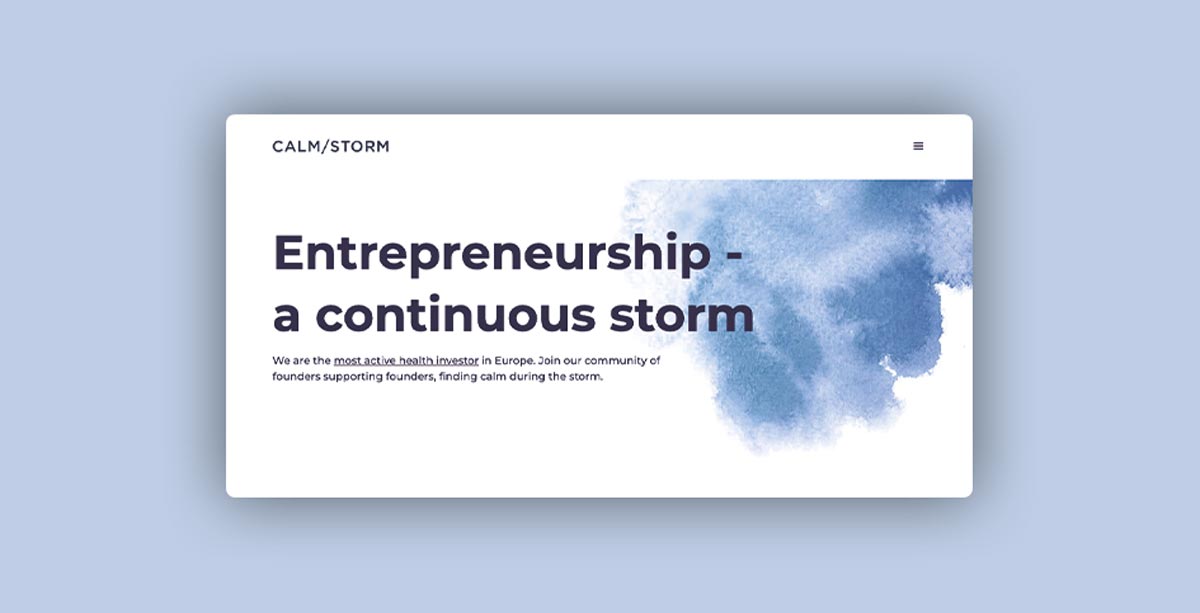

Calm/Storm, Europe's most active healthtech investor, prefers projects that tackle taboo issues often deemed too sensitive to discuss, such as (in)fertility, sexual wellness, mental health issues and chronic constipation. It focuses on purpose-driven startups and gets involved from the idea stage.
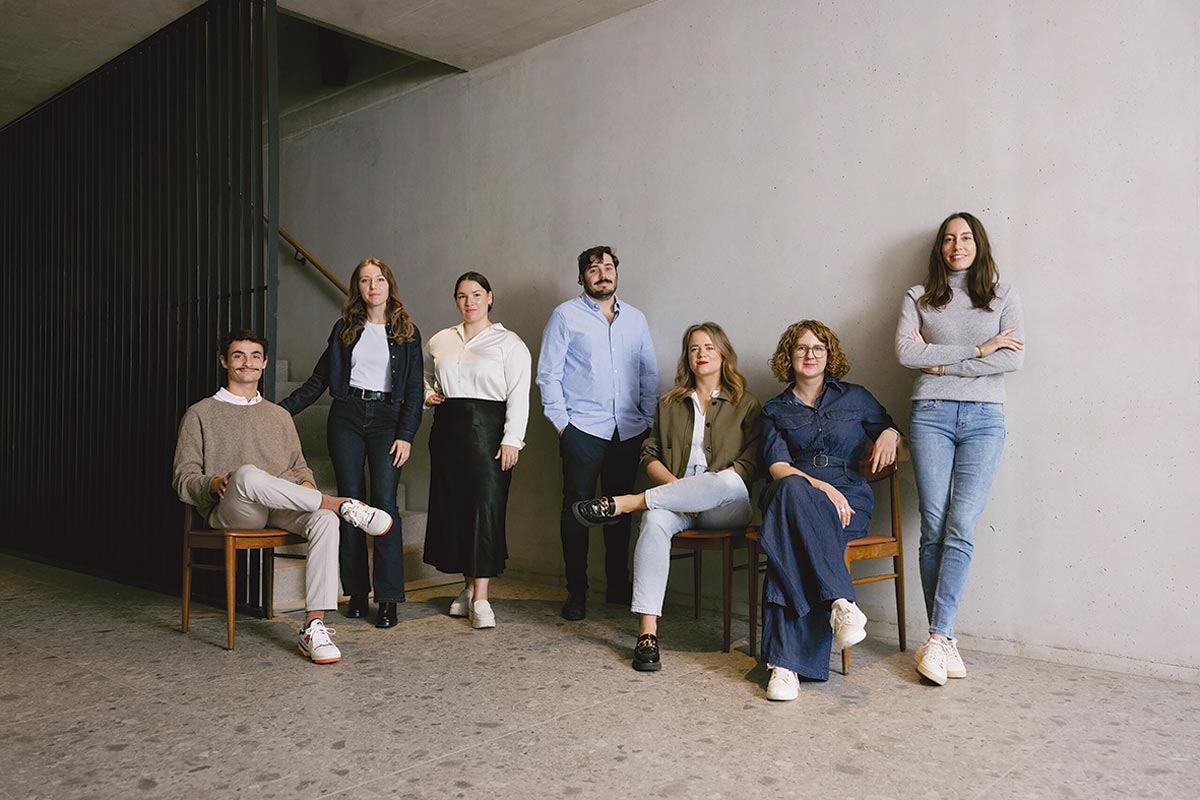

Fund F invests in early-stage startups based in Europe with gender-diverse founding teams (at least one female cofounder). It focuses on startups that will have a positive impact, typically committing an initial €300,000 ($335,000) and reserving capital for follow-on rounds.


Speedinvest, a VC firm founded in Vienna but with offices across Europe, invests in early-stage tech startups. With over €1 billion under management, it offers funding, hands-on support, and access to Europe’s largest network of founders, industry leaders and experts.
Urban Impact Solutions
For Biofabrique Vienna, a pilot program in partnership with the Vienna Business Agency, Atelier LUMA (a research and design lab in Arles, France) and the TU Wien technical university, almost any waste can be reused and turned into new materials. This can range from bricks, panels and plaster moldings to excavated material from subway expansions, old baked goods and algae from the Danube. More recently, the project is finding ways to use bioregional resources to create sustainable dyes and pigments, adding a further splash of colour the city's circular economy efforts."

The Gewerbehof, an initiative of the Vienna Business Agency, is a vertical production and manufacturing space in Vienna's up-and-coming Seestadt neighborhood. Currently home to companies ranging from Sheyn, which makes 3D-printed vases, to Xocolat, a renowned chocolatier, the concept demonstrates a future-ready vision for industry within the city limits. Vertical production spaces avoid the need for detrimental soil-sealing, shorten the distances that goods need to travel and ensure that meaningful jobs are available close to residential neighbourhoods.

Waste2Value, a pilot clean-energy program at a sewage plant in Vienna's Simmering District, was born out of a simple calculation: reusing residual waste equates to more energy and less pollution. At the plant, raw sewage, damaged timber, paper pulp, and other items are converted into syngas (synthetic gas), which can be used as fuel in polluting industries such as transportation and heavy industry. Part of Vienna's commitment to becoming a carbon-neutral Smart City, the initiative is the first of its kind in the world. If successful, the city plans to eventually use syngas to fuel Vienna's public energy utility, Wien Energy.


